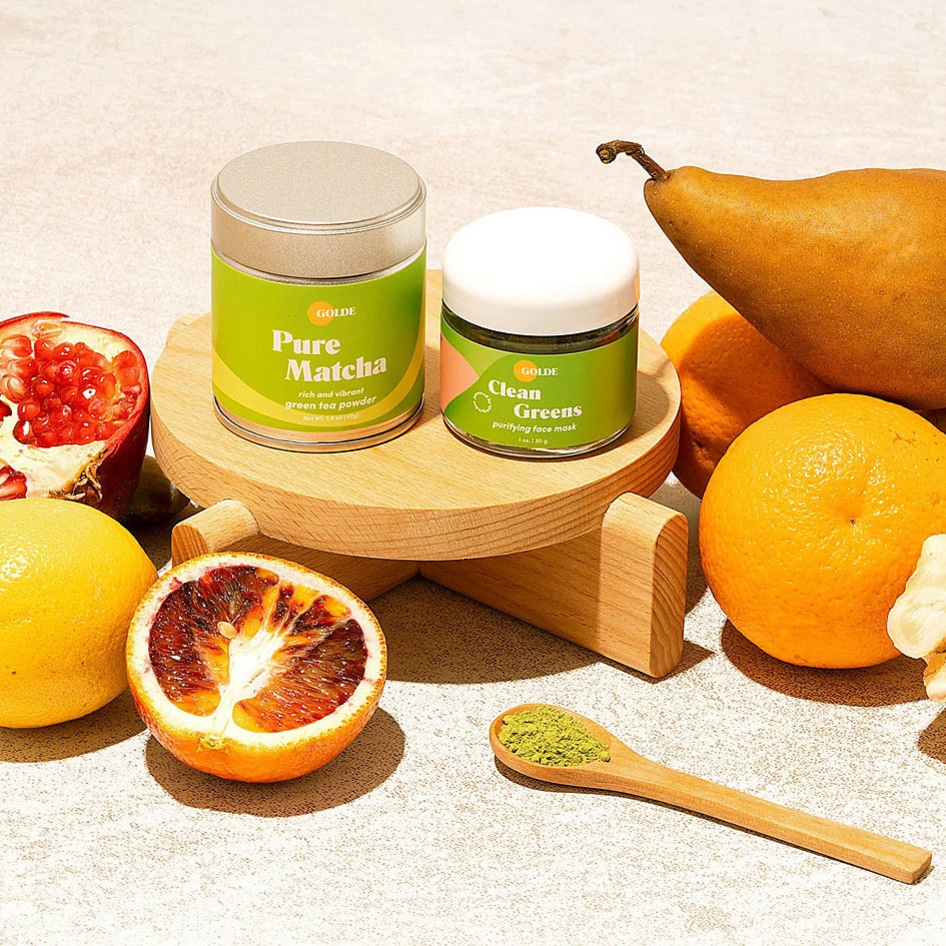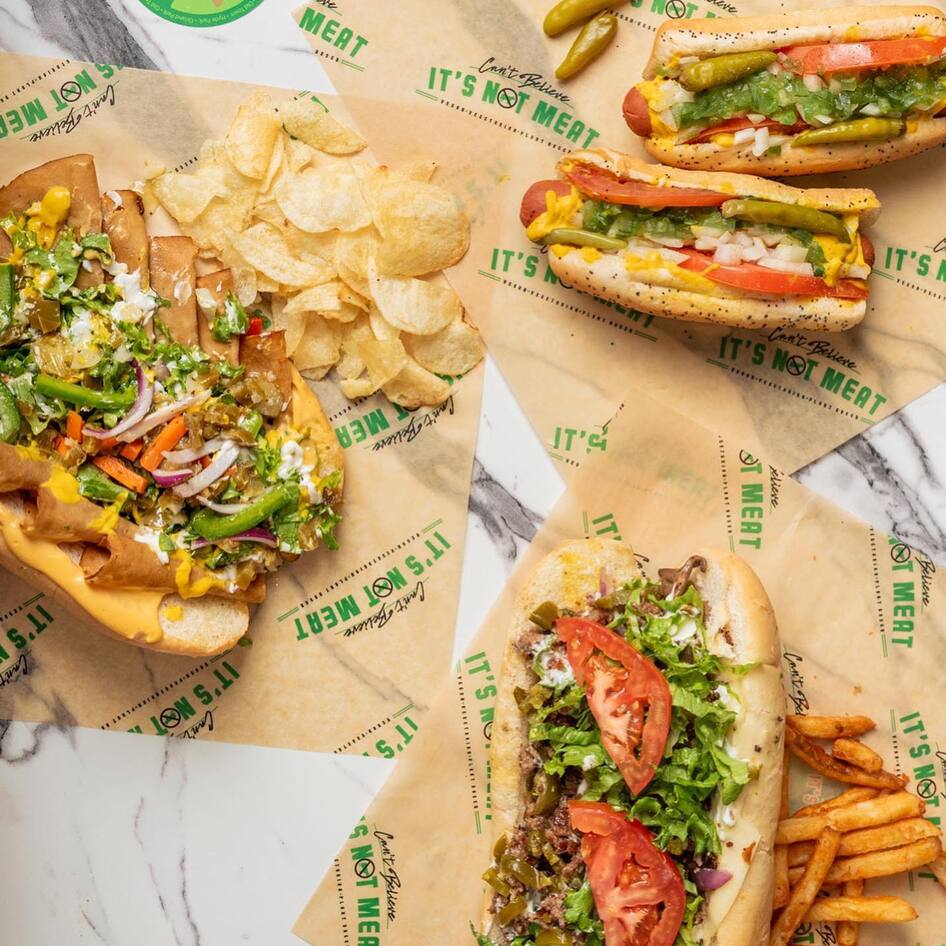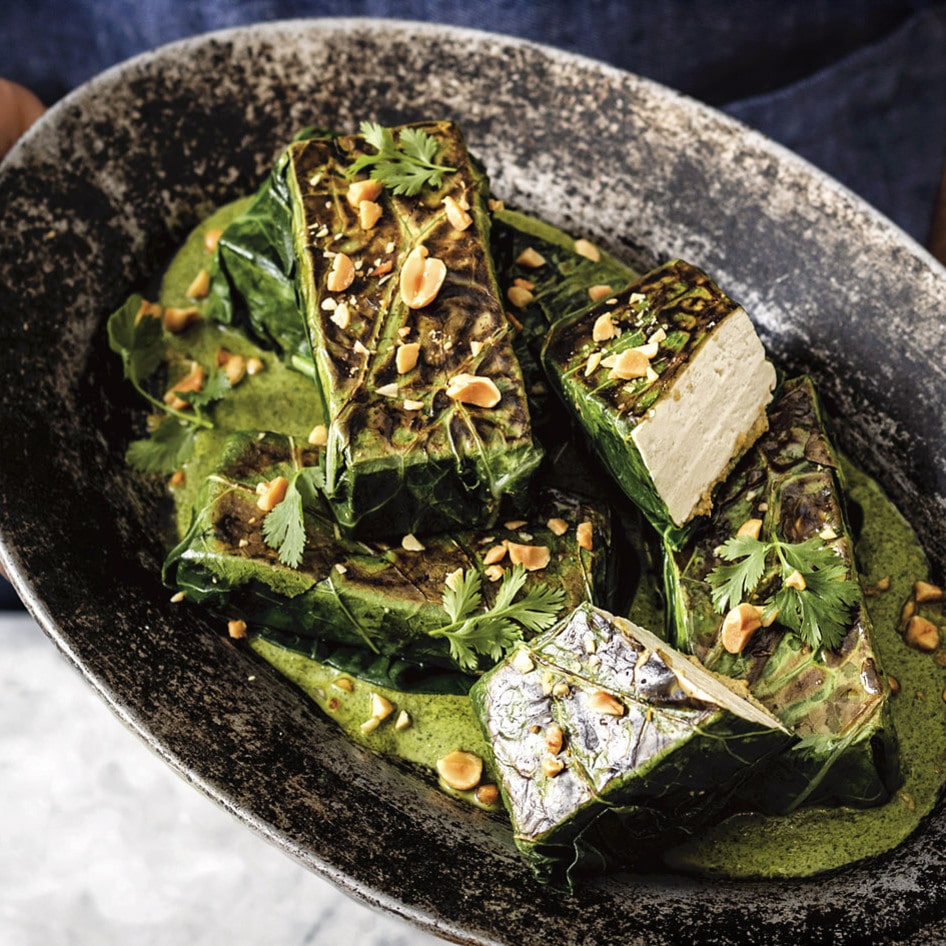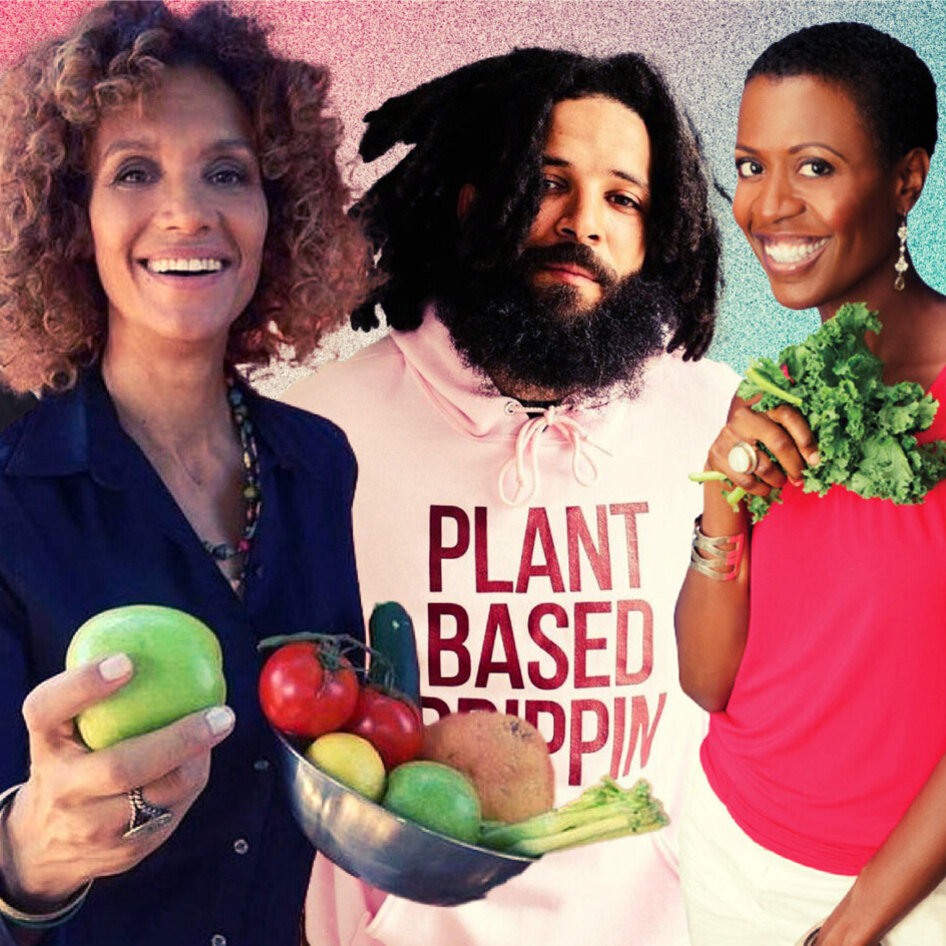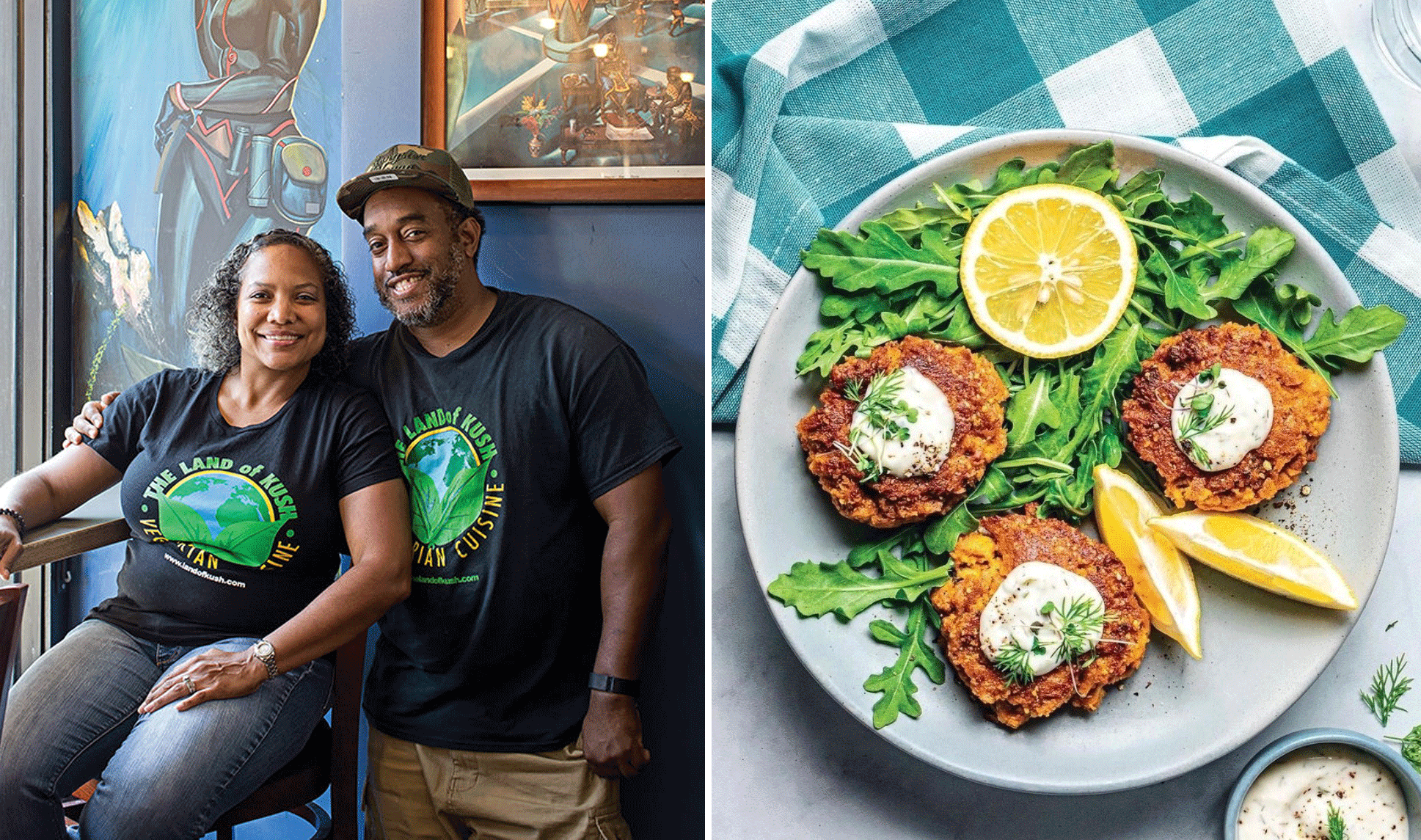VegNews Celebrates Black History Month: Dr. A. Breeze Harper
In this exclusive interview with VegNews, Dr. A. Breeze Harper discusses cultural foods, the intersection of womanhood and veganism, and her thoughts on Thug Kitchen.
February 28, 2016
Abstaining from the use of animals for food, clothing, entertainment, or for research has always been portrayed as a radical way of living. Those who live their lives by such principles find themselves part of a small but passionate minority, using their everyday choices to advocate and fight for the rights of animals. But some members of this plant-based group don’t have the luxury of making animal rights the center of their lives—they must, at the same time, continue fighting for their own.
One such subsect is black vegans. While not receiving the same amount of attention as other members of the plant-based scene, the black community has made, and continues to make, meaningful and important strides in the name of veganism. From the iconic political activist Angela Y. Davis’ work stemming back to the 60s, to David Carter showing the world that a 300-pound NFL lineman can be sustained, and thrive, on a vegan diet—we’re inspired by the accomplishments of black vegans.
Every week during February, VegNews has highlighted one black vegan making history now. For our final installment, we’re featuring Dr. A. Breeze Harper, a critical theorist focused on race, feminism, veganism, and the intersections of all three. Blogger and author of the acclaimed Sistah Vegan: Black Female Vegans Speak on Food, Identity, Health, and Society and the upcoming Recipes for Racial Tension Headaches: A Critical Race Feminist’s Journey Through the “Post-Racial” Ethical Foodscape, Harper uses a learned perspective that might seem jarring to challenge for a more ethical world.
VegNews: Can you share a bit about how you became vegan?
A. Breeze Harper: I discovered the work of Queen Afua, back in 2005, and read work by Dick Gregory as well. I also integrated the Zen Buddhist concept of non-violence and harmlessness into my social justice practice to include both anti-racism and not harming non-human animals. Afua and Gregory were profound because of their race-conscious approach to plant-based diets and making connections to society’s anti-Black ideologies.
VN: You’ve spoken about the idea of communities of color sustaining themselves with food that is culturally relevant to them. Can you explain this concept and why you feel it’s important?
BH: Cultural foods are important because of the memories, the narratives, and what they represent.
I can tell a story. My father used to worry that I would overdose on Advil to “cure” my menstrual cramps. He shared with me that Black people with wombs in his family, from “back in the day,” used food and herbs for womb health. He spoke of red clover, nettles, and dandelion root. At the time, I was a teen and thought he was just plain weird. However, I eventually made the connection that these Black folk used these herbs that mainstream America now calls “weeds” as a powerful healing tool—even as a form of agency, despite being enslaved or living in Jim Crow segregation.
I look back, appreciate, and understand how and why certain cultural foods were used, but I also think it’s important to know what it means to use them now and if there is any way to take responsibility to alleviate the suffering of our own bodies—and that we do this within our own material realties.
VN: What about womanhood is so central to your veganism?
BH: Womanhood is a social process and not a biological one—many are taught that if one is labeled female at birth, their gender trajectory is a “woman.” What is more central to my veganism is unpacking the assumptions around “womanhood”—how it’s been normalized that “womanhood” is connected to being the bearer of children, the one who is responsible for creating healthy meals for the (heteronormative nuclear) family, the one who must conform to Black respectability politics. Unpacking these assumptions and making sure heteronormative cissexist notions of womanhood—within veganism and anti-racism praxis—are not perpetuated, but dismantled, is central to what I do.
VN: Popular vegan cookbook series Thug Kitchen—authored by a young, white couple from Los Angeles—has both captured massive mainstream attention and ignited heated debate in recent years because of its use of what many say is blatant appropriated African American vernacular. What are your thoughts?
BH: I can make this short: The problem doesn’t just lie in cultural appropriation. Thug Kitchen creators are not allies in Black Lives Matter or ending racialized mass incarceration and policing of black and brown bodies. When they first started their project, they most likely didn’t understand that even though their intent wasn’t racist, the impact was. What I experience with cases like Thug Kitchen is cultural appropriation minus a commitment to dismantling systemic racism and white supremacy in the ethical foodscape; they actually don’t even know that that is what they should be doing, let alone how to do it. Another example would be when a white recipe blogger’s new book on Ethiopian cuisine was advertised as “demystifying” the cuisine by its publishers. Though not intentionally racist and colonialist, the framing of the book was for the intended audience of white food adventurers who find Ethiopian cuisine too “scary” to cook on their own without the authority of a white woman to tell them she will demystify it for them.
VN: As a long-time vegan, what do you think about where the movement is now?
BH: A lot has happened over the last 10 years to make veganism more intersectional and (to get away from assumptions) that everyone is white, able-bodied, skinny, cisgender, and upper middle class. I am seeing the cultural shift of taking seriously that veganism cannot be “single-issue” because it is affected by systems of privilege, power, and oppression like everything else.
Catch our other Black History Month interviews with Eugene Cooke, Tracye McQuriter, Clifton Roberts, Bryant Terry.
JUMP TO ... Latest News | Recipes | Guides | Health | Shop

